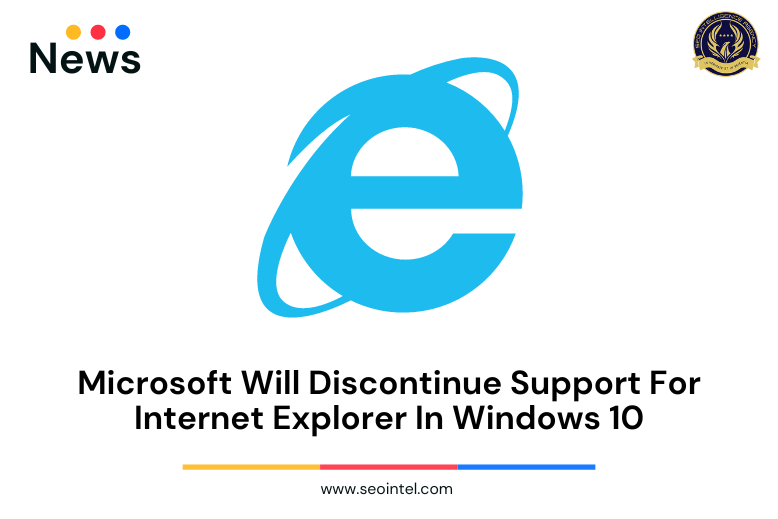
Internet Explorer is retiring just before its 27th birthday. As previously announced in May, Microsoft will discontinue support for the Internet Explorer 11 desktop app in Windows 10’s Semi-Annual Channel on June 15th. If users running Windows Server 2022 or an earlier OS release with a long-term service extension, they still get IE11 support, but for most people, this is the end of software updates. Windows 11 does not include an Internet Explorer desktop app.
The deadline closes a bittersweet chapter in Microsoft’s history. Internet Explorer debuted alongside Windows 95, providing many people who had not previously used early browsers such as Netscape Navigator with their first taste of the web. It was instrumental in popularizing the internet and became synonymous with going online for some — it had 95 percent of usage share by 2003 and wasn’t surpassed by Edge until 2019.
Internet Explorer, on the other hand, was closely linked to some of Microsoft’s worst practices. While bundling IE with Windows aided newcomers to the web, it also stifled competition. The US antitrust case against Microsoft in 2001 revolved around allegations that the company abused Internet Explorer restrictions to maintain Windows’ market dominance. The browser also gained a reputation for poor security (particularly via ActiveX controls) and non-standard rendering, which frequently forced website designers to optimize for IE.
Microsoft eventually addressed some of IE’s most glaring flaws, but the slow pace of change aided the rise of browsers like Google Chrome and Mozilla Firefox — there’s a reason why the current Edge browser is based on Chromium rather than in-house technology.
If users’ only need compatibility with the older web engine, the Edge browser’s IE Mode will continue to receive support until 2029 or later. Microsoft, on the other hand, will not be subtle in its push for its newer browser. In the coming months, the company will “progressively” redirect users from IE to Edge, and will permanently disable the old software via a Windows update.
As a result, users are unlikely to miss Internet Explorer much. However, it is difficult to ignore the program’s impact, and its flaws eventually led to more browser options as well as a shift toward true web standards. The legacy of IE may live on for many years.